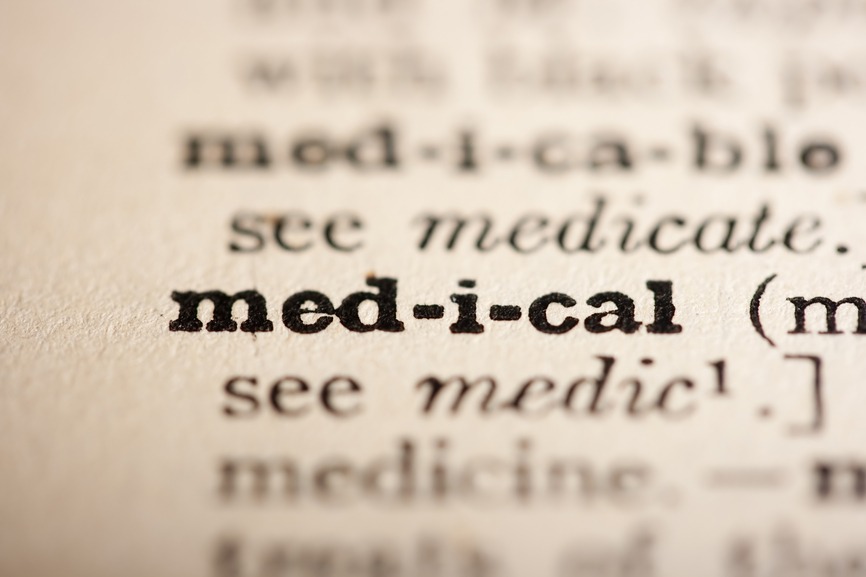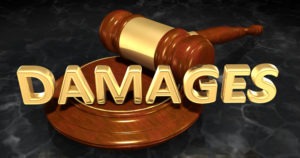 Inadequate diagnoses occur when a doctor makes the wrong diagnosis of a patient's medical condition or makes the correct diagnosis after an unacceptable delay.
Inadequate diagnoses occur when a doctor makes the wrong diagnosis of a patient's medical condition or makes the correct diagnosis after an unacceptable delay.
Inadequate diagnoses occur when a doctor makes the wrong diagnosis of a patient’s medical condition or makes the correct diagnosis after an unacceptable delay. Either way, the patient does not receive a timely and accurate diagnosis, which may make his or her illness more difficult to treat. A doctor who makes an inadequate diagnosis may be liable for medical malpractice.
Wrongful Diagnosis vs. Delayed Diagnosis
The two main types of inadequate diagnoses are misdiagnosis and delayed diagnosis. Both are significant medical errors that can harm patients.
Misdiagnosis or Incorrect Diagnosis
In a misdiagnosis or incorrect diagnosis, the doctor diagnoses the patient with the incorrect condition or fails to make a timely diagnosis. For instance, a patient visits his or her doctor with chest pain. After the doctor performs a few tests, he or she assures the patient it is a minor issue—acid reflux or indigestion.
The patient, relieved, returns home and ignores any further pain. A few days later, the patient is climbing a flight of stairs when his or her chest tightens up. The patient collapses, then awakens in the hospital to learn he or she had a heart attack.
In this situation, the doctor made a wrongful diagnosis, which led to the patient suffering a heart attack that he or she may have been able to avoid with a correct diagnosis and early intervention.
Delayed Diagnosis
In a delayed diagnosis, the doctor makes the correct diagnosis, but only after an unacceptable delay. The challenge in holding a doctor liable for medical malpractice for a delayed diagnosis is proving the doctor had enough information to have made the correct diagnosis earlier.
Inadequate Diagnoses and Medical Malpractice
To hold a doctor liable for medical malpractice based on an inadequate diagnosis, the plaintiff must demonstrate three things:
- By making an inadequate diagnosis, the doctor failed to follow the standard of care.
- The doctor’s failure caused the patient to suffer injuries.
- The patient incurred damages because of his or her injuries.
Free Case Evaluation With a Medical Malpractice Lawyer
Delayed diagnosis or misdiagnosis may be considered malpractice. A medical malpractice attorney from Newsome | Melton can help. For a free case evaluation, call us today at 888-526-8947.
Inadequate Diagnoses - Frequently Asked Questions

A cancer diagnosis ranks among the most feared pieces of news a person can receive. Unfortunately, more than a million Americans receive such news every year. In 2016 alone, more than 1.6 million Americans were diagnosed with cancer, and an estimated 600,000 died from the disease. In a twist of irony, given how a cancer
Read More
In some states, there are limits on damage awards for medical malpractice. The amount of compensation you can recover as a victim varies based on where you live. How Many States Have Caps on Medical Malpractice Damages? More than half of states limit the amount of money you can receive if you have experienced medical
Read MoreInadequate Diagnoses - News Articles

Rebecca Fielding, in agreement with her husband, Enso Martinez, had hoped to give birth to their child at home. However, due to complications and the necessity of a Caesarean section, Fielding was transported via ambulance to the emergency room at Johns Hopkins Hospital in Baltimore. But instead of receiving prompt medical attention and surgery, Fielding
Read More
NC Court of Appeals Reinstates Negligence Lawsuit Against Duke Surgeon & Hospital In 2012 Marjorie C. Locklear, then 75 years old, suffered a heart attack. After consulting with Dr. Matthew S. Cummings at the Southeastern Medical Center of Lumberton, she opted for cardiovascular surgery. According to a lawsuit filed on behalf of Locklear, Cummings and
Read More